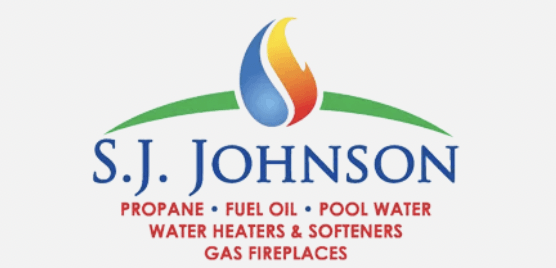Understanding the Benefits of Water Softeners: A Comprehensive Guide

Water softeners have become an essential household item for many people in Southern Maryland. The hard water that is obtained from wells, taps, or municipal sources can cause various problems like dryness of skin and hair, low-quality laundry results, corrosion of pipes and fixtures, and increased energy consumption in heaters. Water softeners help eliminate these issues by removing minerals such as calcium and magnesium ions from water. This comprehensive guide aims to provide readers with a deeper understanding of the benefits offered by water softening systems which will enable you to make well-informed decisions when choosing the best one for your home or business needs.
How Water Softeners Work: An In-Depth Explanation
Water softeners work by using a process called ion exchange. Essentially, this involves replacing hard minerals such as calcium and magnesium ions with sodium ions. The water passes through a tank filled with resin beads that are coated in sodium ions. As the water flows over these beads, it swaps out its hard mineral content for the softer sodium ions.The key to this process is something called regeneration. After a certain amount of time, the resin beads become saturated with hard minerals and they need to be cleaned off so they can continue softening incoming water. During regeneration, salt (usually in the form of pellets or blocks) is added to the tank which helps displace any remaining hard mineral buildup on the resin beads while also recharging them with fresh sodium ions.
There are different types of water softeners available depending on your specific needs and budget, ranging from smaller portable models all the way up to whole-house systems designed to handle high volumes of water use. Despite their initial cost investment though, most people find that installing a good quality water softener pays for itself over time by reducing energy costs related to heating hot water and minimizing the damage done by harsh minerals on appliances like washing machines or dishwashers.
Health Benefits of Soft Water: Improving Skin and Hair Quality
One of the major health benefits of using soft water is improved skin and hair quality. Hard water contains high levels of minerals that can cause dryness, irritation, and inflammation to the skin. It can also lead to damaged hair strands and scalp issues like dandruff. Soft water, on the other hand, has a lower mineral content which makes it gentler on your skin and hair.Soft water helps maintain the natural oils present in our skin and hair by allowing soap products to lather more effectively. This not only promotes healthier-looking skin but also leaves our hair feeling softer, smoother, and more manageable. Softened water has also been shown to reduce eczema symptoms due to its gentle nature on the sensitive areas of your body.
In conclusion, installing a water softener can contribute significantly in maintaining good overall health as it improves both personal appearance factors such as healthy-looking skin & soft glossy locks as well as reduces predisposition towards conditions such as eczema caused by using hard tap water. Overall a better lifestyle choice for those desiring superior results with their self-care regime while saving energy costs from home appliance damage.
Economic Benefits of Water Softening: Saving Money and Energy
One of the most significant economic benefits of water softening is that it saves money and energy in the long run. Hard water contains minerals such as calcium and magnesium, which can build up in pipes, fixtures, and appliances over time, leading to corrosion and reduced efficiency. This can result in higher utility bills as more energy is required to heat or cool hard water than soft water. With a water softener installed in your home, you can reduce the frequency of repairs or replacements for appliances like washing machines, dishwashers, and hot water heaters and reduce energy consumption by up to 22%, according to some estimates.Another way that utilizing a water softener system results in cost savings is through its impact on household cleaning product expenses. In hard water areas using bottles concentrated detergents are needed at much higher quantities per wash resulting in additional cost while softer tap water leads to significantly less amount used which reduces the additional expense for detergent products. Clothes washed with softened water tend to come out cleaner without requiring excessive amounts of soap or fabric conditioners making them last longer despite lower power-detergent used therefore reducing costs further down the line. Softened water also has fewer mineral deposits compared to untreated hardwater area's builds up on dishes - this means no more scrubbing at glasses after they've gone through an automatic dishwasher cycle.
Overall one cannot deny how effective installation of a quality Water Softening System keeps things clean around you thus putting cash back into your pocket regardless from what has been stated above!
More about water softeners:




